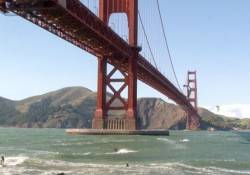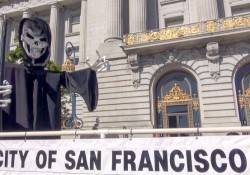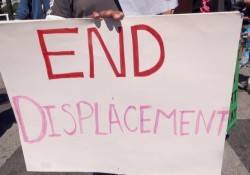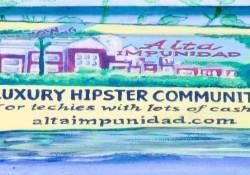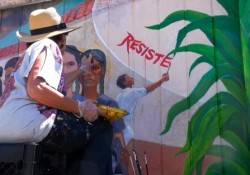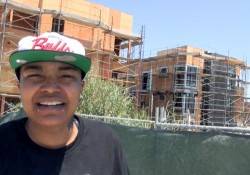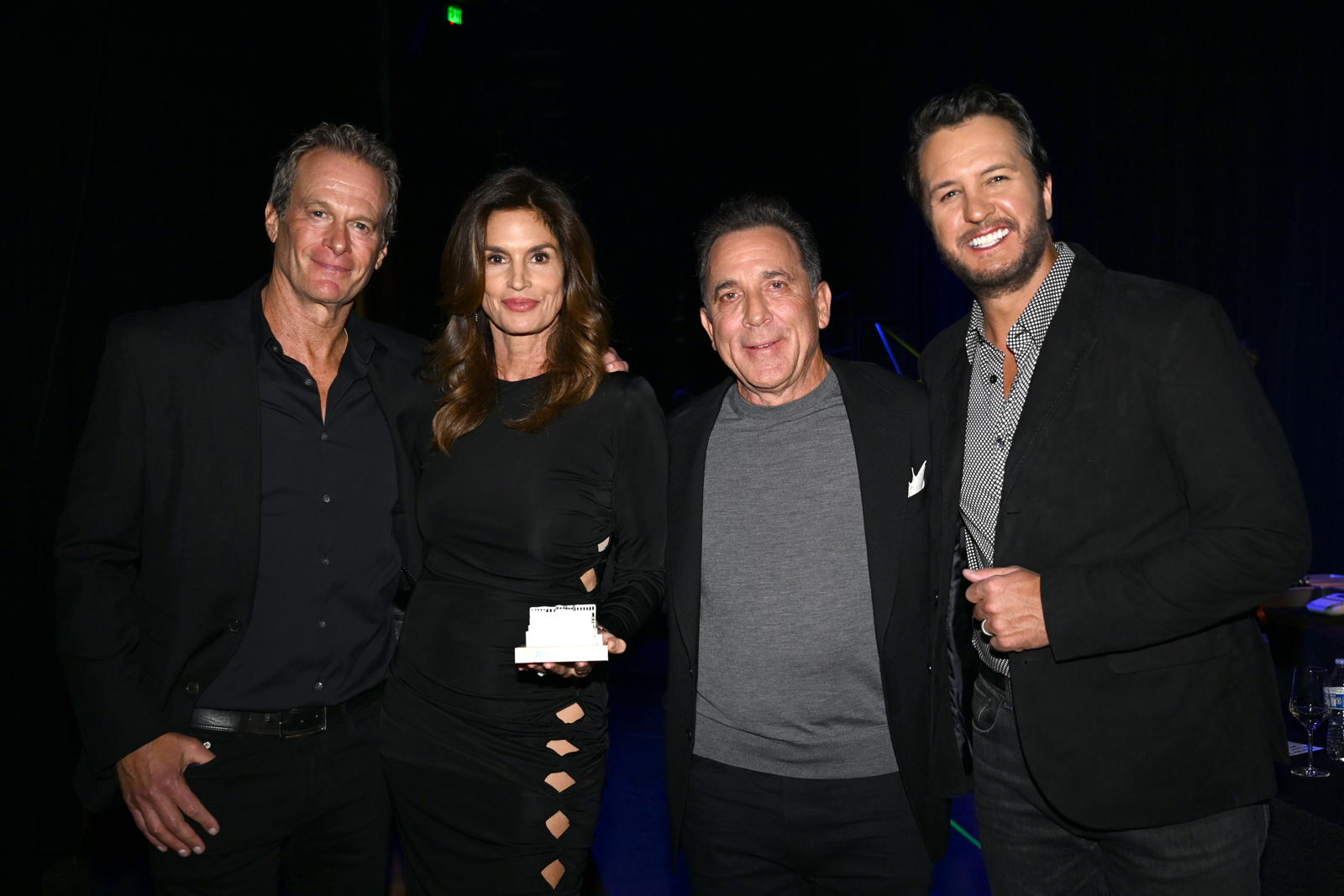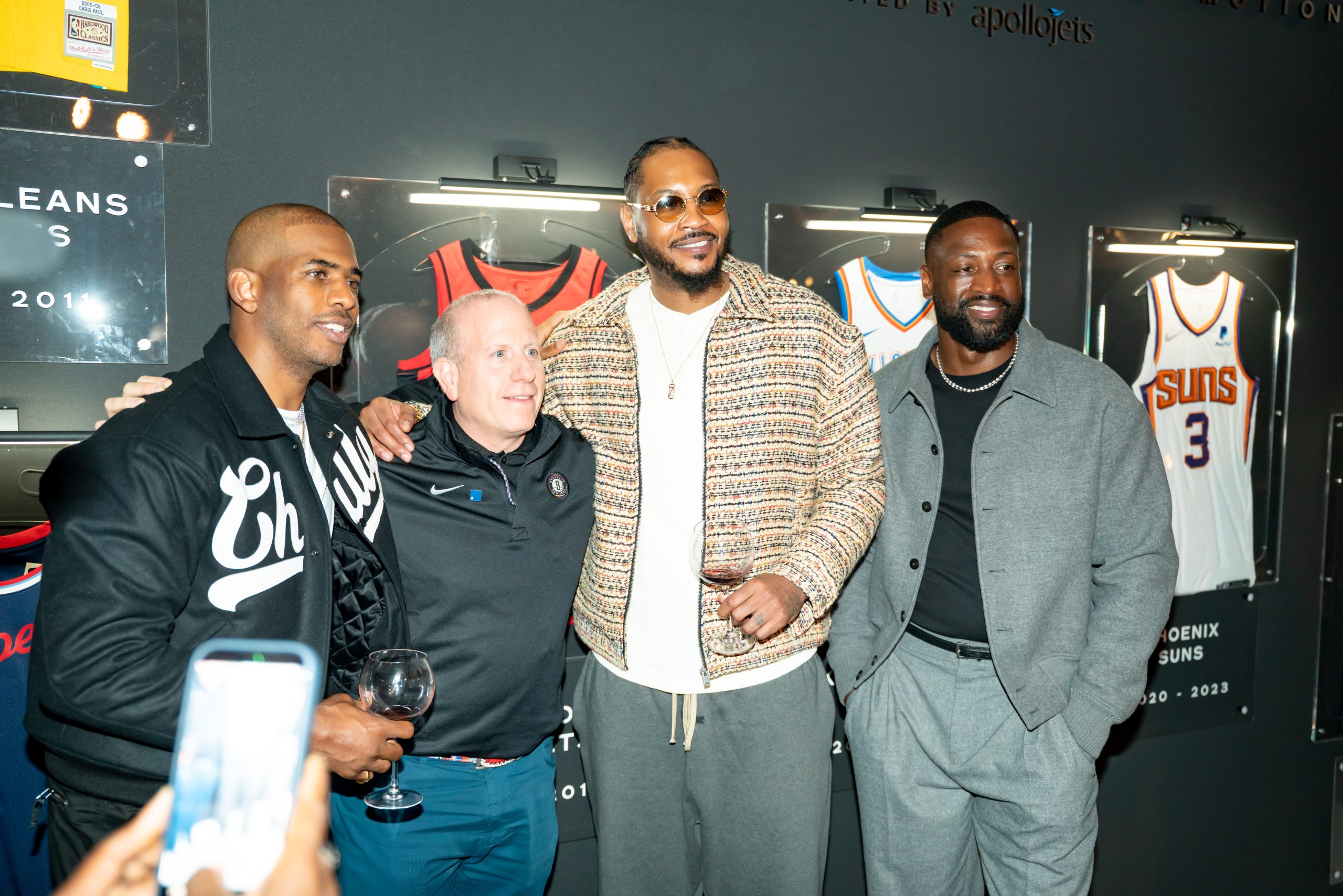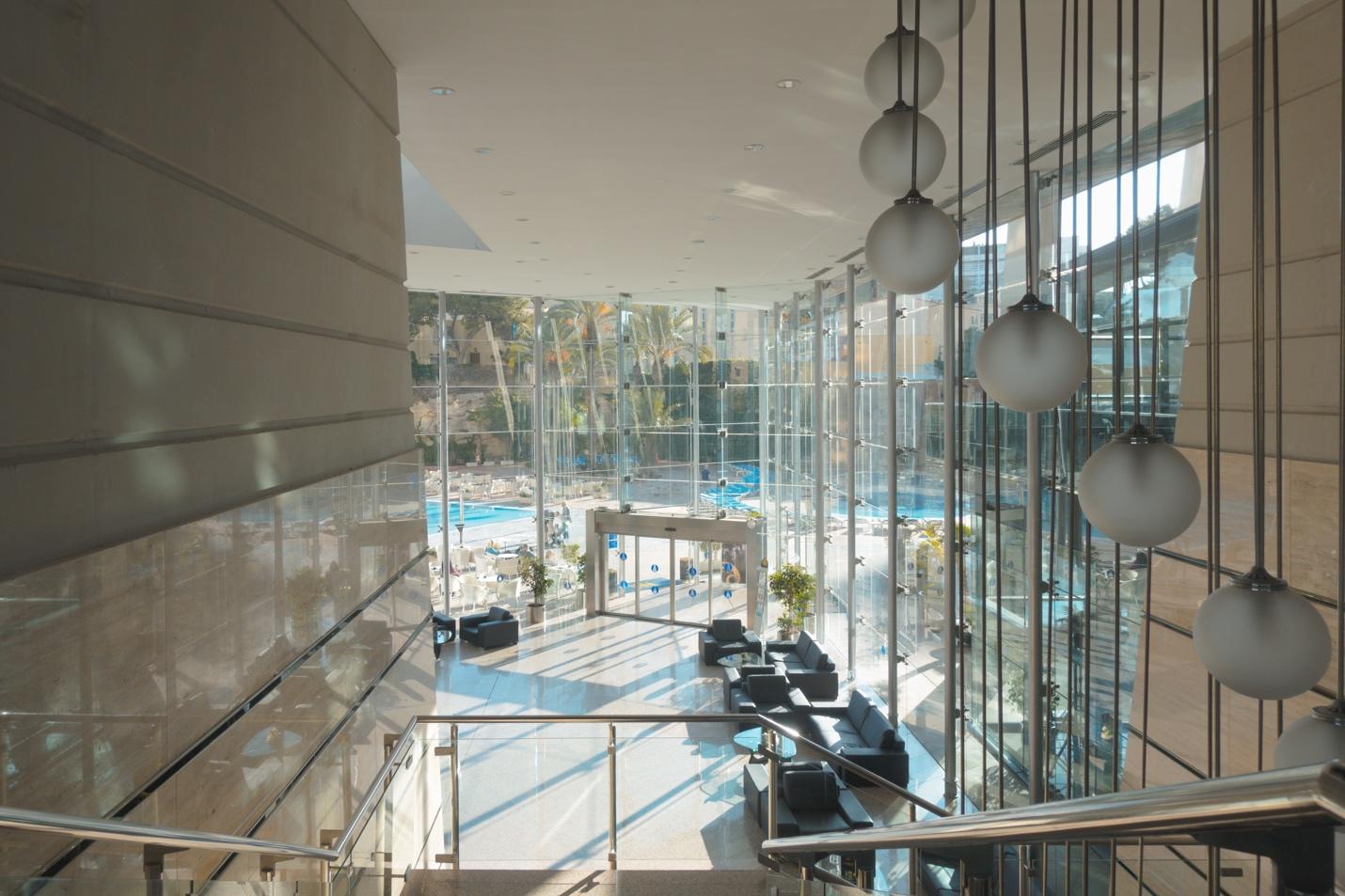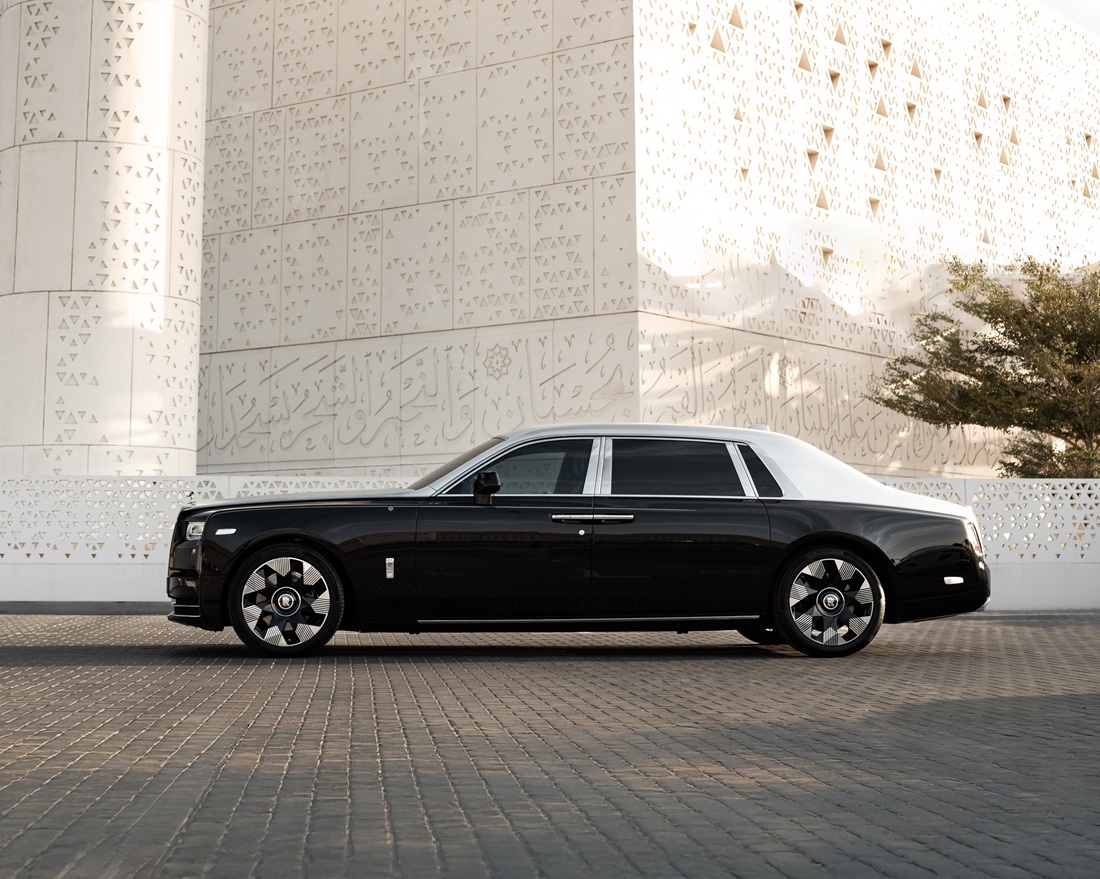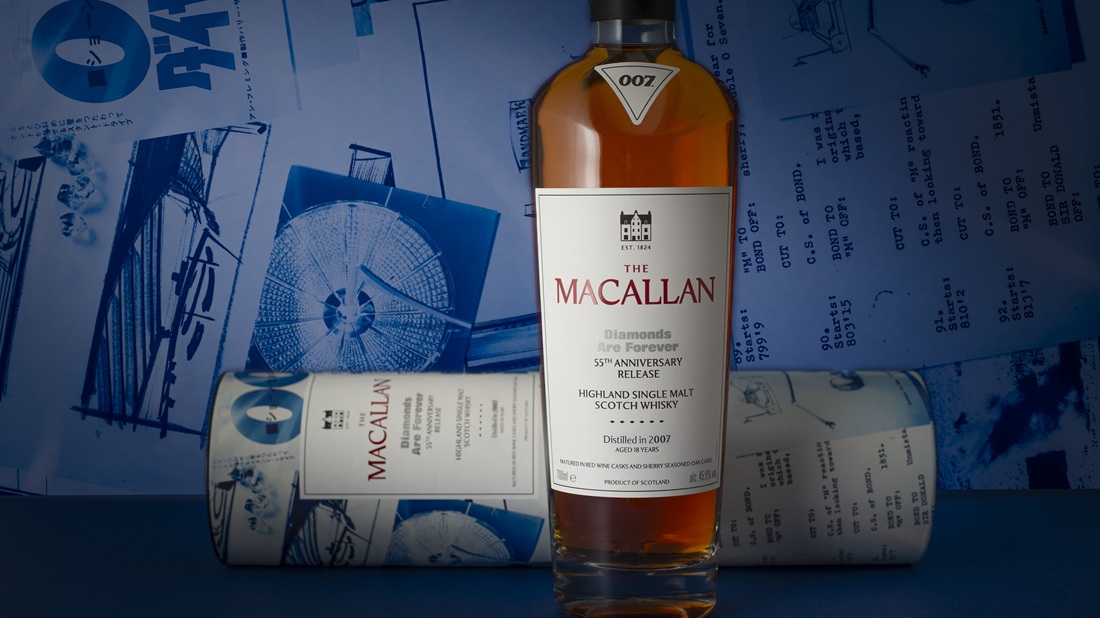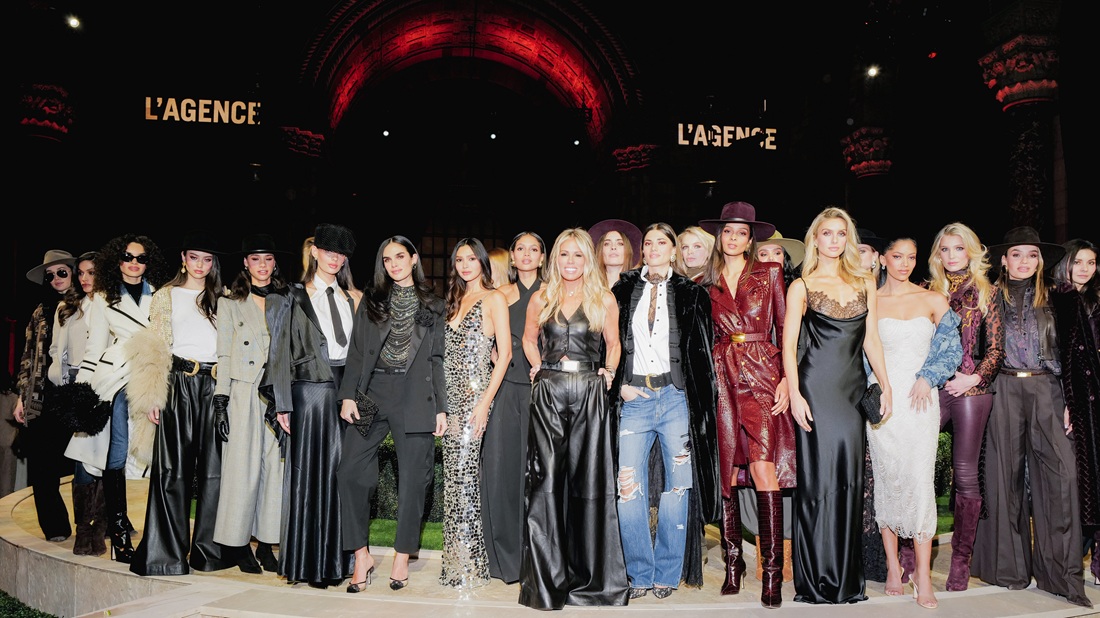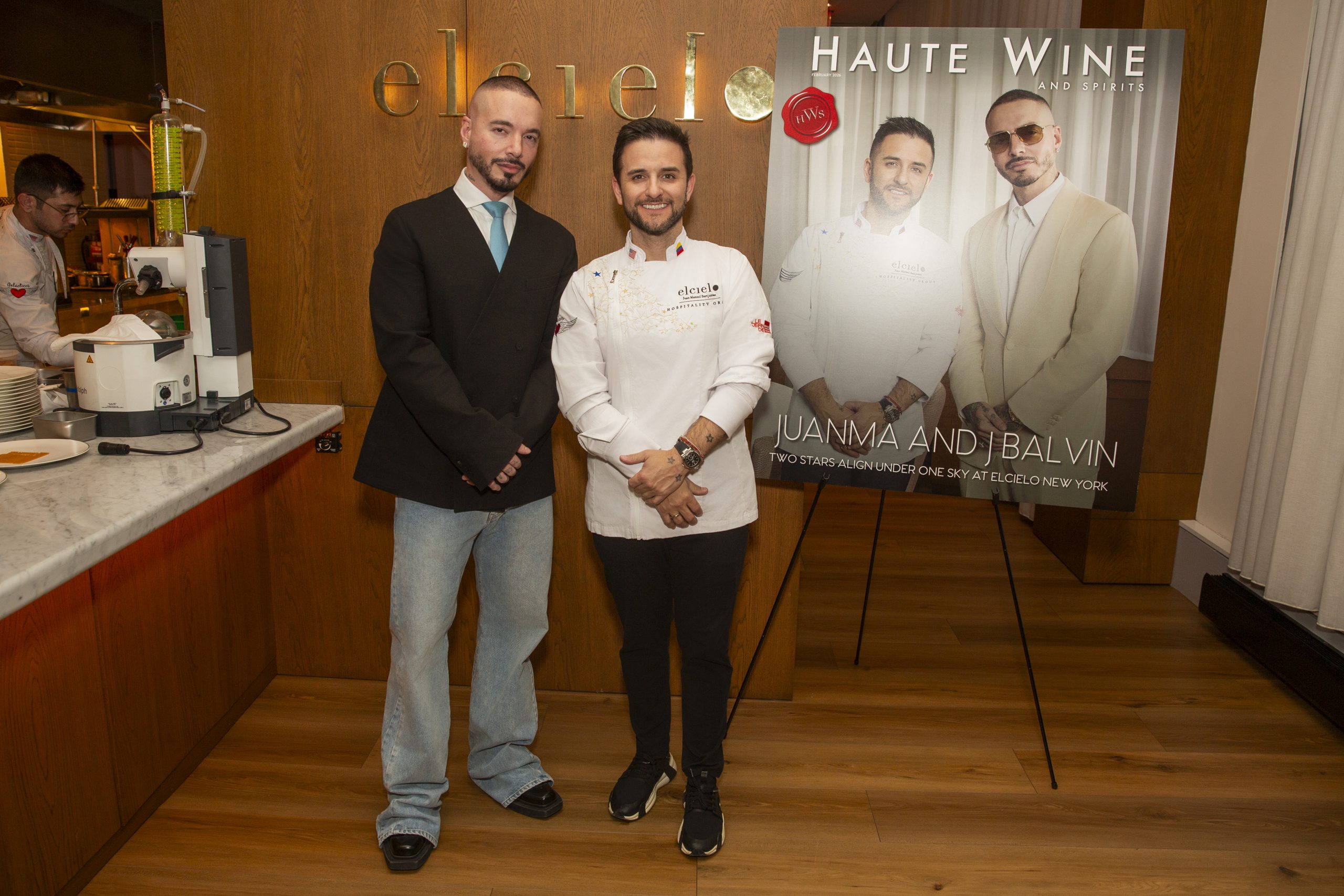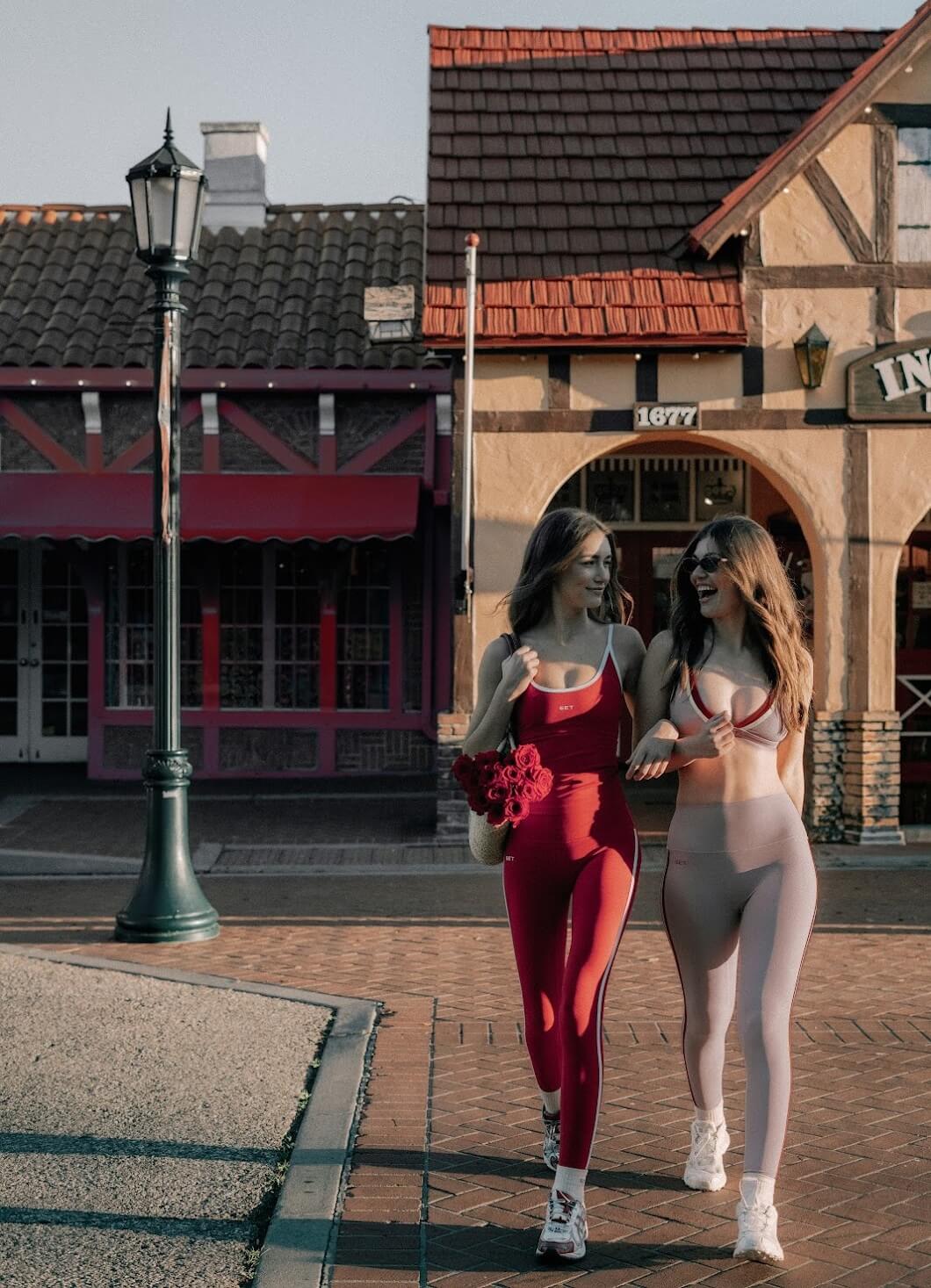Alexandra Pelosi Talks About Her Controversial New HBO Documentary, San Francisco 2.0
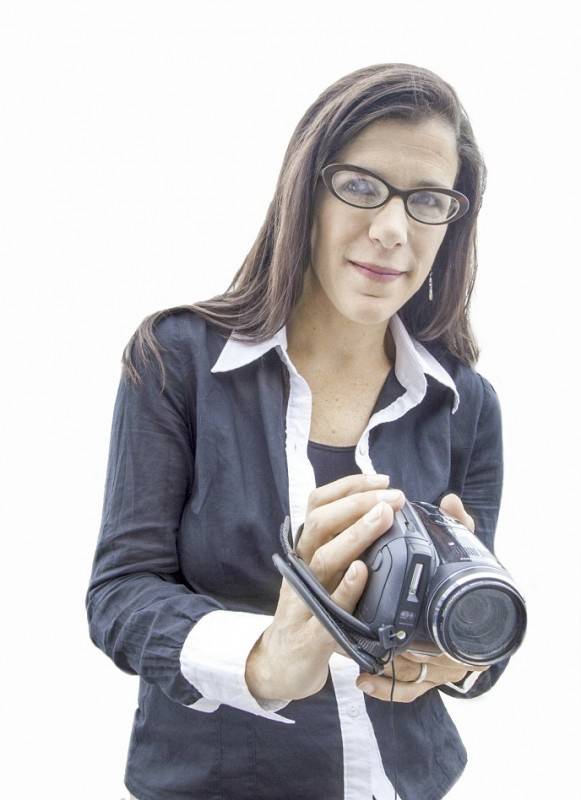
Photo Credit: Janet Van Ham/Courtesy of HBO
San Francisco’s dirty laundry will be aired tonight when Emmy-winning filmmaker Alexandra Pelosi’s newest documentary, “San Francisco 2.0,” debuts exclusively on HBO at 9:00pm ET/PT. The 40-minute flick explores the role of the tech revolution in her hometown—the good, the bad and the ugly. The influx of new tech wealth and its effects on our changing city are all addressed as Pelosi turns the camera on real estate developers, skyrocketing rents, displaced tenants and techies. Pelosi, daughter of Nancy and Paul Pelosi, directed, produced and filmed this insightful film that looks at the price of progress and the challenges of holding onto a collective past. She interviews a wide array of insiders, including: Gov. Jerry Brown; Lt. Gov. Gavin Newsom; San Francisco Mayor Ed Lee; former San Francisco mayors Willie Brown and Art Agnos; tech-industry notables Michael Birch (Monkey Inferno), Andrew Houston (Dropbox), Ron Conway (SV Angel) and Sean Gourley (Quid.com); economist Robert Reich; journalists David Talbot and Gary Kayima (Salon); lifelong residents and small-business owners who have to face an increasingly unaffordable real estate market and community activists.
Pelosi spent a decade as an NBC News producer. In 2000, she was assigned to cover the Bush campaign, which led to her first Emmy award-winning HBO documentary, Journeys with George, a film that followed the future President George W. Bush on the campaign trail. Since then she has made seven more films for HBO. We caught up with Pelosi to ask her about “San Francisco 2.0,” which ruffled feathers when it premiered at the Kabuki Theater last month.
When did you leave SF and how often do you come home?
When I was 17 I left home for college. My parents have a rule that if you want to belong to our clan, you must be home for Thanksgiving and Fourth of July— all other holidays are optional. My kids like to spend their summer and spring breaks here so we make the journey home every season.
How did you decide to do this documentary and how long did it take you to put it together from beginning to end?
All of my documentaries are filmed with a small handheld camera, so it’s hard to discern when I officially go from just filming family vacations to “beginning principal photography” for a film. I spent the summer of 2014 walking around town filming, but it wasn’t until I saw Robert Reich give a lecture at Berkeley that I realized why what is going on in San Francisco really matters—and is important for the rest of the world to see.
What has the response from people in the Bay Area who have seen the documentary been so far and was it what you expected?
The San Francisco premiere felt like a big group therapy session; we passed the mic so everyone could share their perspectives. Inside San Francisco, it’s impossible to talk about the topic of techies and gentrification without stepping in a messy local street fight, but the rest of the country can look at San Francisco to see the challenge of the new American economic reality. I am not so interested in what my friends and family think, I care more about what Variety has to say—oh and they said it was “one of my finest”!
What are you expecting after it premieres on HBO?
Hopefully it will open up the dialogue and people will start having a conversation about how we can all get along. The techies need to start looking at the city as their community, not their playground—and we all must focus on what we need to do to make our cities accessible to everyone and not let all of our cities become “gated communities” as Robert Reich says.
I love how you use the Google Search box. How did you think of that?
You can’t tell a story anymore without pulling out your iPhone and physically showing people what you are talking about. Google has become a part of our everyday lives. I was trying to make the point that we all can’t live without tech. We don’t know how to exist without all of the great inventions coming out of Silicon Valley. We all love and appreciate Google for all the great ways they have improved our lives!
I read what your mother said publicly but what did she and Paul tell you in private after they saw the documentary?
They both keep reminding me to make sure to mention that Marc Benioff and Salesforce are giving back to the community and every tech company would follow his lead! My mom comes from a family of public servants—her dad and brother were Mayor of Baltimore—so she keeps reminding me to be respectful to the mayor and the people who have to actually have to run the city.
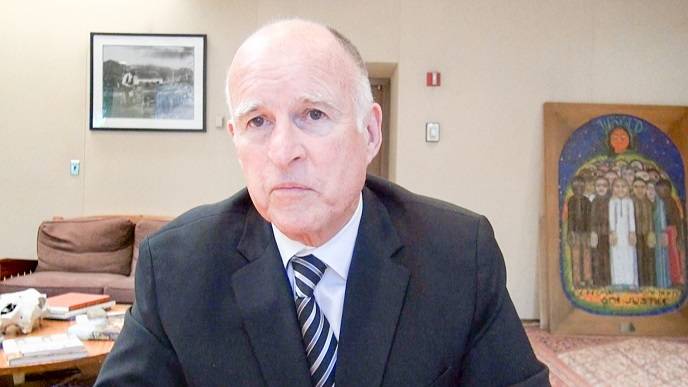
Photo Credit: Courtesy of HBO
You snagged some big-name people on camera, including Jerry Brown, Gavin Newsom, Ron Conway and Ed Lee. How disappointing was it that you didn’t get more big-name tech people?
The big name tech CEOs were invited to participate and they declined, so the techies are not allowed to complain if they don’t like the film. It’s hard for me to make the case for the techies, if they weren’t willing to share their perspective. Ironically, HBO has a hit show called “Silicon Valley” that satires the techies—and they all seem to love that show. Everybody loves it when Hollywood mocks them, it is ok because it is FICTION, but when an actual documentary maker shows up at the door and wants to have a deeper conversation, the door slams shut.
I was most surprised with Gavin’s candor about the tech industry not stepping up to give back. Did that surprise you?
It is not a secret that the tech companies have a PR problem right now in the community. Perhaps that is why they didn’t want to go on camera to talk about it!
There were lots of memorable soundbites, including John McEvoy’s on how SF is a tech town and a tourist town. Do you agree with that?
It doesn’t really matter what the reality is, the perception of San Francisco these days is that it has become the land of the tech bro. Right now, this town is like the hot nightclub that everyone wants to go to. Eventually it won’t be cool anymore and then what will happen to my beloved hometown? Where will the city be without tech? And San Francisco has always been a tourist town, which is why we have to make housing for tourism workers—otherwise we will start losing that business!
Words like “rich” and “luxury” became bad words in the U.S. when the economy faltered. Is “billionaire” a bad word or a good word in SF?
If it weren’t for billionaires, nobody would buy lottery tickets! We all gotta dream! The whole concept of the American dream depends on a few people making it so that the rest of us can see that it is still possible. We don’t hate rich people in this country; we celebrate entrepreneurs and job creators. But there definitely is a resentment towards the one percent in the Bay Area because all of the money seems to be going to the wealthiest, and the working class haven’t seen the benefits of the boom. The way to prevent class warfare is for the techies to be more generous and give back to the community—like Marc Benioff does. There, I said it, my mom and dad will be so proud!
Will SF become a “bland, monotonous, tech-oriented city” as David Talbot says or is there hope?
All cities have to re-invent themselves in order to stay relevant. San Francisco has always been a magnet for brilliant, artistic, different kinds of people. Sadly, a lot of those cool people are getting pushed out of town by skyrocketing rent and home sale prices. What makes a good city? A mix of interesting people; we need to do whatever it takes to ensure that San Francisco can still let its freak flag fly.
What are you most proud of when it comes to “San Francisco 2.0”?
This is my ninth documentary for HBO. They have high standards. It makes me proud that I come from a town that is interesting enough to merit an HBO film.
In addition to tonight at 9 p.m., you can catch “San Francisco 2.0” on HBO on Sept. 29 (8:15 a.m., 4:00 p.m.) and on HBO2 on Sept. 30 (12:30 p.m., 10:30 p.m.). The documentary will also be available on HBO NOW and HBO GO.
Stills courtesy HBO

